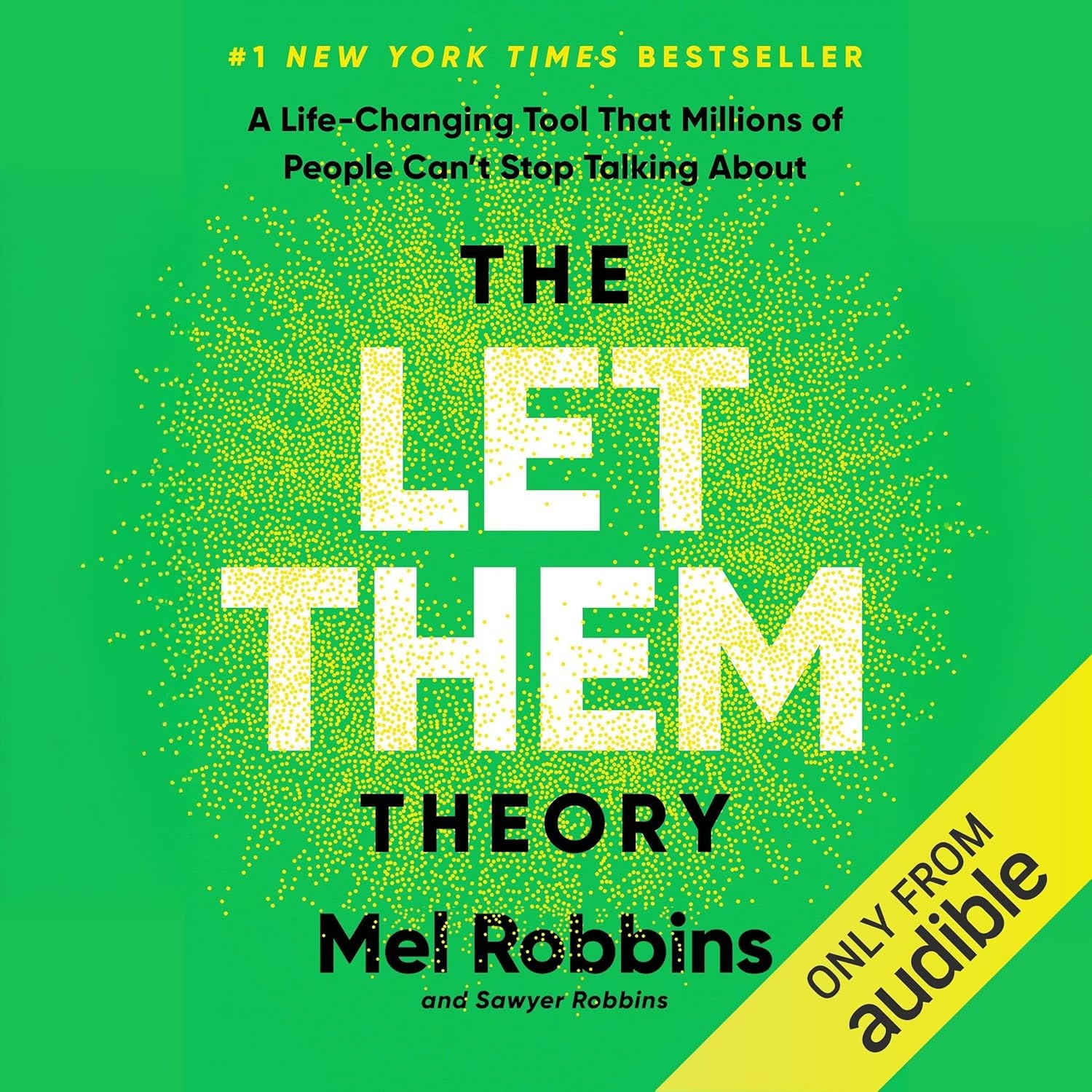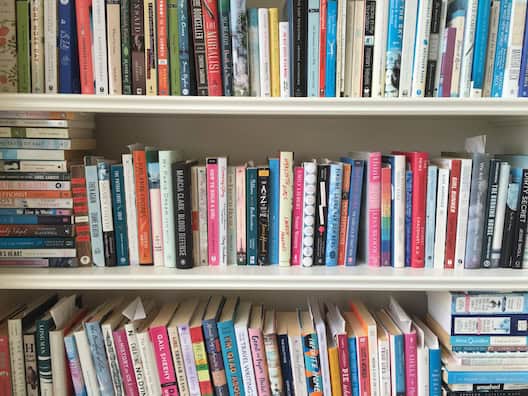Q: How did you prepare for writing this novel? Did any friends or family share stories of their own love letters?
A: Yes. I was fairly shameless in getting people to show me theirs. I put an advertisement in a national newspaper in England and on social networking sites asking for examples, and begged them from relatives and friends. I think when you are writing there’s nothing like real life to inspire you (and show you how odd the vagaries of the human heart can be). I also looked at my own old love letters from twenty years ago. What fascinated me was not just the passion and urgency that leapt off the page, but the sense of reading about the life of someone I no longer really recognized.
Q: In this era of e-mail and texting, how do you feel the art of letter writing (love or otherwise) has changed?
A: Completely. I first got a hint of this when a young female relative told me she’d never received a love letter, and I realized that this was a generational thing; that mine was probably the last generation to write and receive love letters as a matter of course. I think the great danger of new technologies, whether they be Facebook or e-mail or text, is the potential for reading too much between the lines. Ellie, for example, ascribes all sorts of feelings to her lover that aren’t actually there. I think technology often makes the language of romance murkier, not clearer.
Q: Jennifer and Ellie demonstrate the great shift in women’s place in society over the past forty years. What do you think are the biggest differences between Ellie and Jennifer, both in terms of the expectations placed on them by society and the expectations they have for their own lives?
A: What Ellie has is freedom — to sleep with whomever she wants without shame, to work, to earn her own money, to make her own mistakes. Jennifer’s might look like an enviable life, with her money and cosseted existence, but she is there merely to, as she puts it, “look decorative.” Her husband is not just uninterested in her opinions, but actively wishes that she wouldn’t express them. It doesn’t occur to her to even question this until she meets Boot. Both women discover that there is a genuine satisfaction from working, being able to look themselves in the eye, and expecting more of themselves.
Q: Thanks to the popularity of the television series Mad Men, the early 1960s are a very hot era right now. What is the appeal of this time period?
A: I think it’s mostly the issue of restraint. What is always powerful in narrative terms is what you can’t have, rather than what you can — the things that keep people (and lovers) apart — whether it’s society, morality, issues of shame, or actual physical and geographical issues like war.
What’s fascinating about that particular era is that you have all the restrictive moral codes of an older society butting up against the new freedoms of the ‘60s. It was a society in flux. Ten years later, if Jennifer had wanted to run off with Boot, probably neither of them would have hesitated.
Q: The first and the last sentence of a novel have tremendous impact on a reader. As a writer, how do you know when you’ve finally captured those moments?
A: I’m not sure you do know, apart from in your gut. All I know is that I tweak and fiddle until it feels right. And, often, until it makes me cry. If my own scenes don’t move me, I don’t believe they’ll move anyone else. So often it’s a matter of reworking something until I’m sobbing.
Writing is a very strange profession.




I too love a great letter! The adorations from a new lover or an old lover that will last recorded in their handwriting to be read and reread for many pleasurable years by the receiver!!! Why can’t men write wonderful love letters anymore! So sad! So very sad!